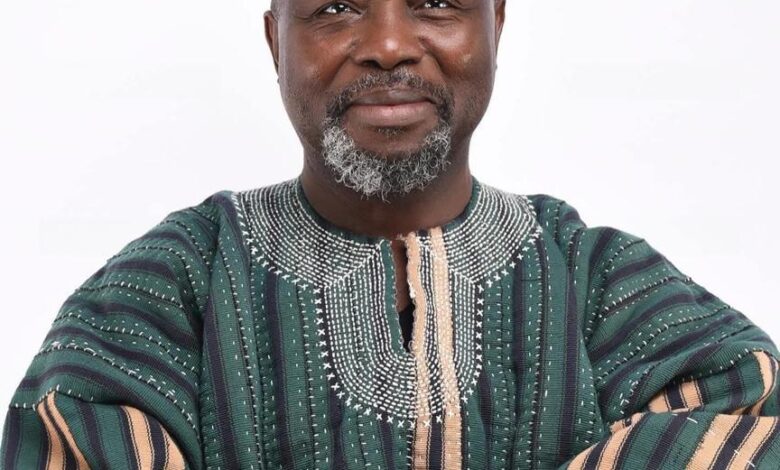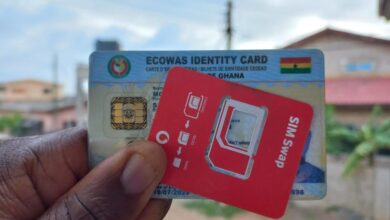Ayine cites GHC 2 billion recovery deal as basis for ending Duffuor case

Attorney-General and Minister for Justice, Dr. Dominic Ayine, has shed light on the reasons behind the government’s decision to discontinue the criminal prosecution of former Finance Minister Dr. Kwabena Duffuor and seven others in a high-profile case tied to the collapse of UniBank.
Dr. Ayine explained that the accused parties had voluntarily entered into a structured settlement deal with the state, aiming to repay GH¢2 billion. “By a letter dated May 7, 2025, the accused persons proposed to pay GH¢2 billion through a structured arrangement,” he revealed during a sectoral update on Monday, July 28.
Under the terms of the agreement, the accused offered to transfer GH¢800 million in assets directly to UniBank—now under receivership—and assist in recovering a further GH¢1.2 billion from third-party recipients.
“They agreed to transfer GH¢800 million worth of assets directly to UniBank, currently under receivership, and to assist in recovering an additional GH¢1.2 billion from third-party beneficiaries who received payments under their instructions,” Dr. Ayine explained.
So far, GH¢844 million in landed properties has already been handed over to UniBank. Of the GH¢1.2 billion designated for third-party recovery, GH¢500 million has been retrieved. The outstanding GH¢700 million is expected to be paid within 18 months, alongside proceeds from the sale of recovered assets.
Dr. Ayine outlined several factors the Attorney-General’s Office weighed before agreeing to the settlement. Among them was a crucial acknowledgment from the receiver of UniBank that fictitious accounting entries had inflated the bank’s assets by GH¢2.1 billion prior to its official administration. This discovery was compounded by a GH¢300 million civil claim filed by the receiver in 2019, which is still pending under the insolvency process.
The Attorney-General also cited the slow progress of the case. The joint civil and criminal proceedings have dragged on for more than six years, hindered by procedural complexity and initial difficulties in tracking down assets.
“Risk of prolonged litigation would likely result in diminishing returns,” Dr. Ayine noted, adding that it could also defeat the core objectives of the financial sector reforms initiated by the state.
The dismissed case—The Republic v. Kwabena Duffuor & 7 Others (CR/0248/2020)—was part of a broader strategy by the previous administration to clean up Ghana’s financial sector and retrieve misused public funds. Government, according to the Attorney-General, had set a minimum recovery threshold of 60% as a condition for reconsidering prosecution.
“It is important to make clear that when someone is charged with causing financial loss to the state, it does not imply that they took the resources that have been lost,” Dr. Ayine clarified, underscoring the distinction between criminal liability and negotiated restitution.




